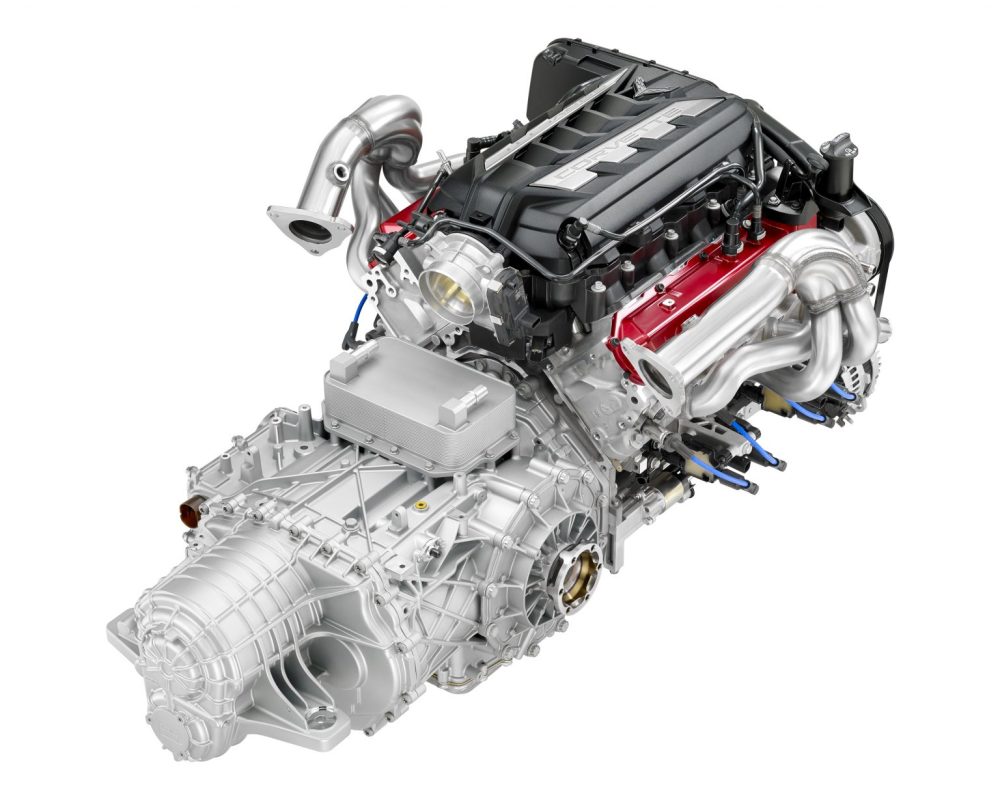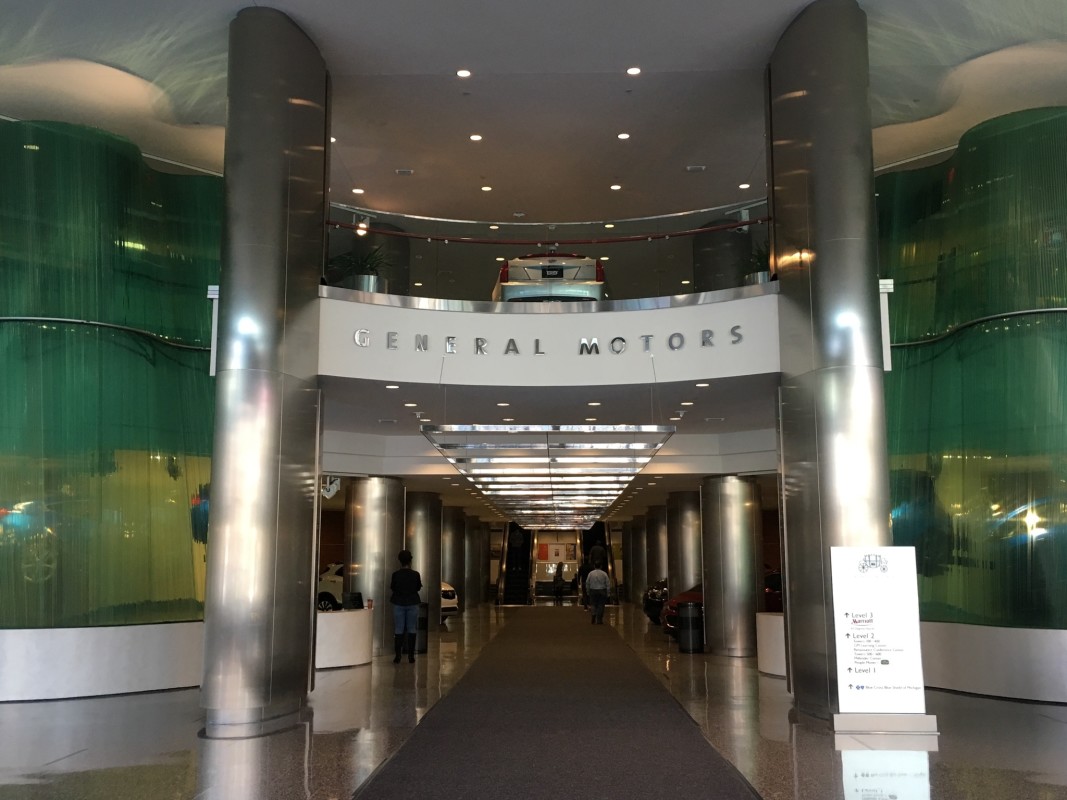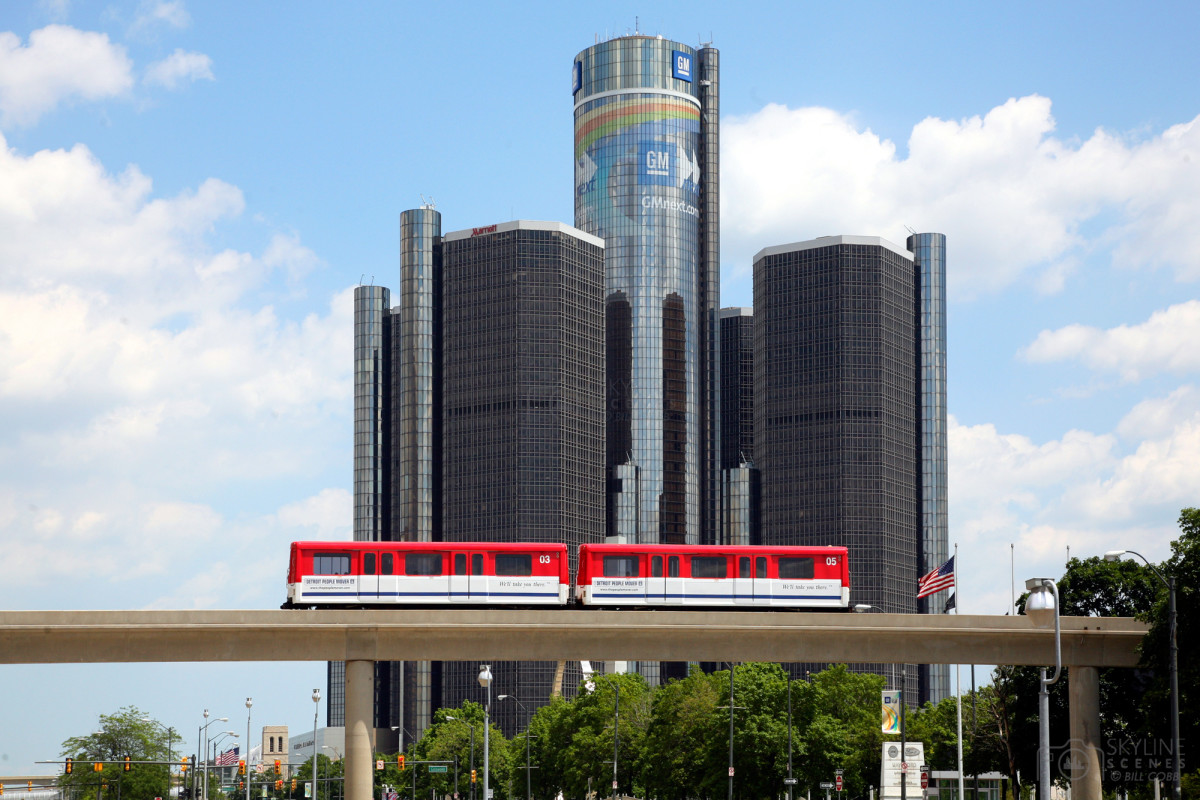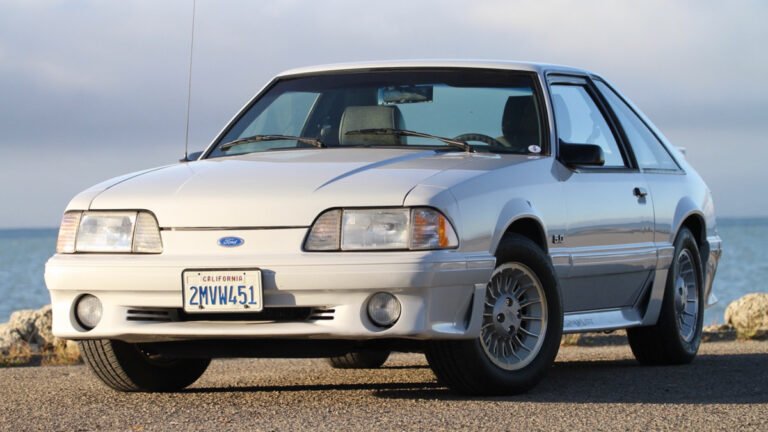
General Motors is facing a new class-action lawsuit claiming that several of its latest SUVs and trucks suffer from a serious braking defect that can cause sudden loss of stopping power. The suit, filed in federal court in Pennsylvania, alleges that the 2025 Chevrolet Traverse, GMC Acadia, Buick Enclave, Chevrolet Colorado, and GMC Canyon use a defective master cylinder that can lead to brake failure without warning.
Plaintiffs say the defect triggers dashboard alerts such as “Brake,” “Service Brake System,” and “ABS Fault” before the pedal becomes unresponsive or sinks to the floor. In one case, a driver reported three master-cylinder failures within a short ownership period, each time immediately after service. The lawsuit claims GM knew of the defect through early warranty reports and supplier data but failed to disclose it or issue a recall.
The company has not yet filed a formal response but said in a brief statement that it “monitors field performance closely and addresses any verified safety concern swiftly.”

Mounting Legal and Political Headwinds for GM
This new case adds to the growing wave of challenges GM faces as it balances legacy manufacturing with its EV transition. Earlier this month, the automaker abruptly ended a leasing loophole that allowed it to continue passing along expired EV tax credits, a decision that came under scrutiny from lawmakers. Political pressure forced GM to retreat from the plan amid questions about compliance and optics.
Meanwhile, GM’s engine division has already been hit by lawsuits over alleged defects in its 6.2-liter V8, which powers several popular SUVs and trucks. That case claims certain engines suffer from internal component failures leading to catastrophic breakdowns, suggesting the company’s quality-control systems may be under greater scrutiny than at any time since the ignition-switch crisis a decade ago.

A Company in Transition
Despite the legal turbulence, GM remains strong in other areas. It recently climbed to the #2 position in U.S. electric vehicle sales, trailing only Tesla. The company’s EV gains come from an expanded Ultium lineup, lower pricing, and improved battery production. But analysts warn that legal distractions could slow the brand’s momentum just as it begins regaining investor confidence.
The irony isn’t lost on enthusiasts, a company that once led with design innovation now finds its past haunting it, both literally and figuratively. Just last month, collectors were stunned when a piece of GM design history was found in a NY barn, a reminder of how far the automaker’s legacy stretches and how much is at stake when reputation comes into question.

Why It Matters
The lawsuit underscores how even the largest automakers can stumble in an era of complex technology and rapid electrification. If the brake defect claims prove valid, GM could face costly recalls and further erosion of consumer trust, particularly among families buying its most popular crossovers and mid-size trucks.
For now, the plaintiffs are seeking compensation for repair costs and diminished vehicle value, along with potential punitive damages. GM’s next move could determine whether this becomes an isolated quality issue or the start of another long legal battle for Detroit’s biggest automaker.




